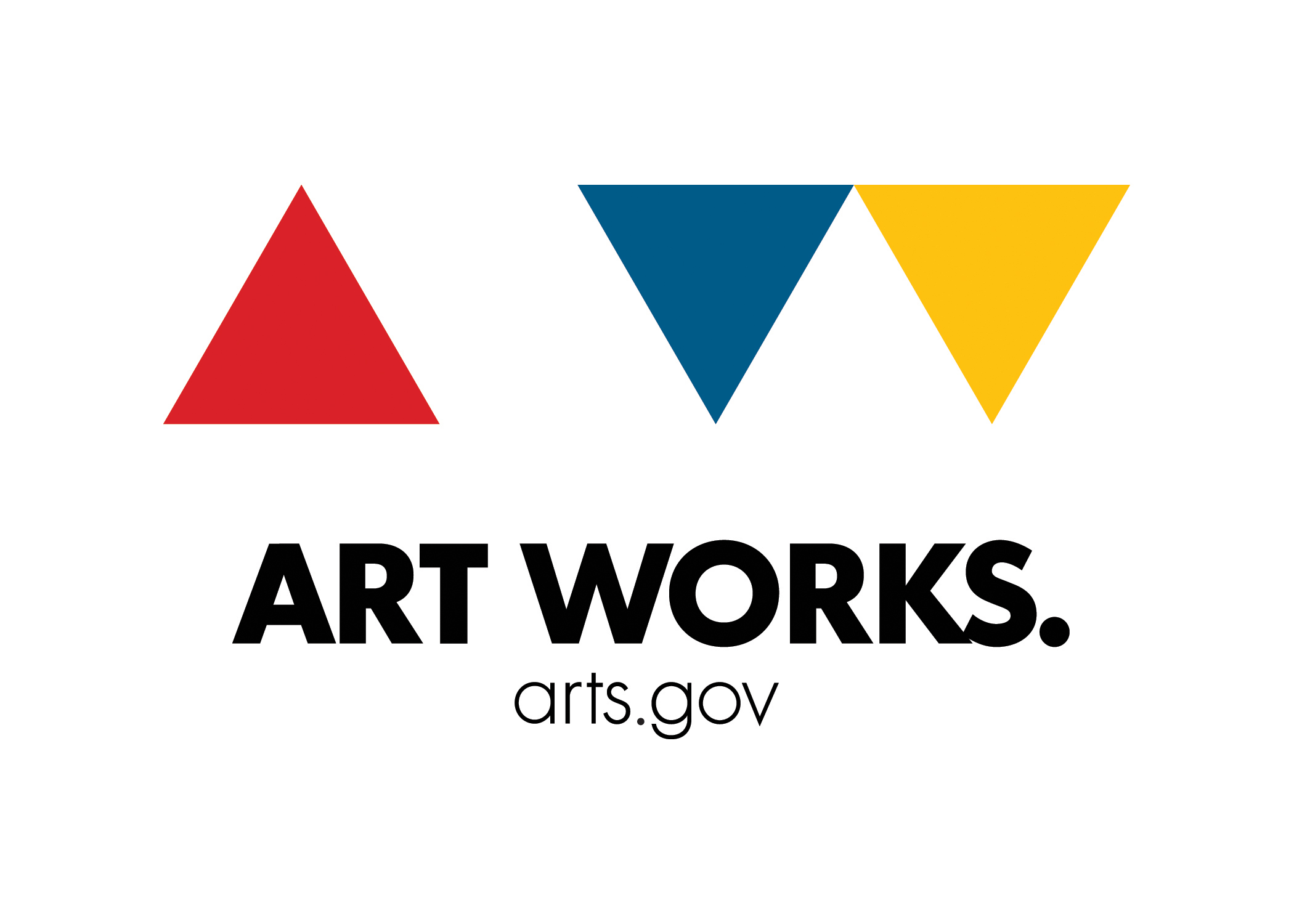Get comfortable with the equipment
Play around with the recording device on your own until you are very familiar with all the buttons and knobs. It’s important to do this before you begin; if you’re relaxed with the recorder and the microphone, the people you’re interviewing will be too.
* Get organized
Always make sure you have enough memory cards and an extra set of batteries. Don’t leave long cables hanging out, or you’ll have to spend time untangling everything. Get a shoulder bag to hold everything. The more prepared you are, the more you can concentrate on the important things.
* Do a test
Always do a test before you begin. Record a few seconds, then play it back to make sure the sound is good.
* Always wear your headphones
Recording without headphones is like a photographer taking pictures without looking through the viewfinder. Headphones help you focus on exactly what you’re recording. If something sounds weird, stop and check it out.
* Beware of the pause button
When recording, make sure the tape is rolling and that you’re not in pause mode. Don’t use the pause button. It’s a very tricky little button it can make you think you are recording when you’re not.
* Keep the microphone close
The most important thing of all: keep the microphone close to the sound source (your mouth or the mouth of the person you’re interviewing). About 5-6 inches is good, the length of your outstretched hand. If it’s any farther away you will still be able to hear what people say, but the recording will lose its power and intimacy. It’s also best to keep the microphone a little bit below the mouth to avoid the “popping P” sound.
* Collect good sounds
Every time you record, collect all the specific sounds you can think of: dogs barking, doors slamming, the radio being turned on, the sound of your blender, or even your mom snoring. Be creative. You will use these sounds later when you produce the story.
* Record everything
Long pauses are okay. Umms are okay. Saying stupid and embarrassing things is okay. Often the stuff you think is weird, worthless, or that you initially want to edit out, will end up being the best and most surprising parts of the story.
*Upload, label and back up your audio right away
It’s easy to lose files when using digital audio. As soon as you get home from a recording session, upload your audio and label it with a name that makes sense to you. Back up your files onto an external hard drive too.
“If I could do it, I’d do no writing at all here. It would be photographs; the rest would be fragments of cloth, bits of cotton, lumps of earth, records of speech, pieces of wood and iron, phials or odors, plates of food.”
—James Agee, Author of “Let Us Now Praise Famous Men”





